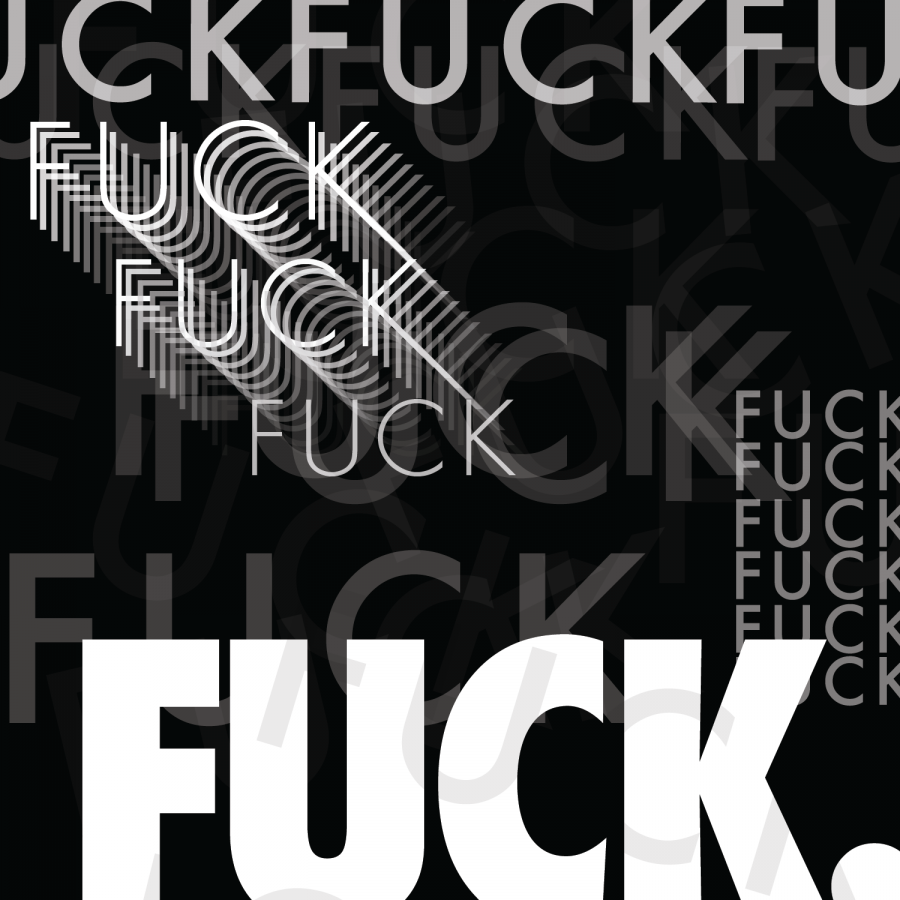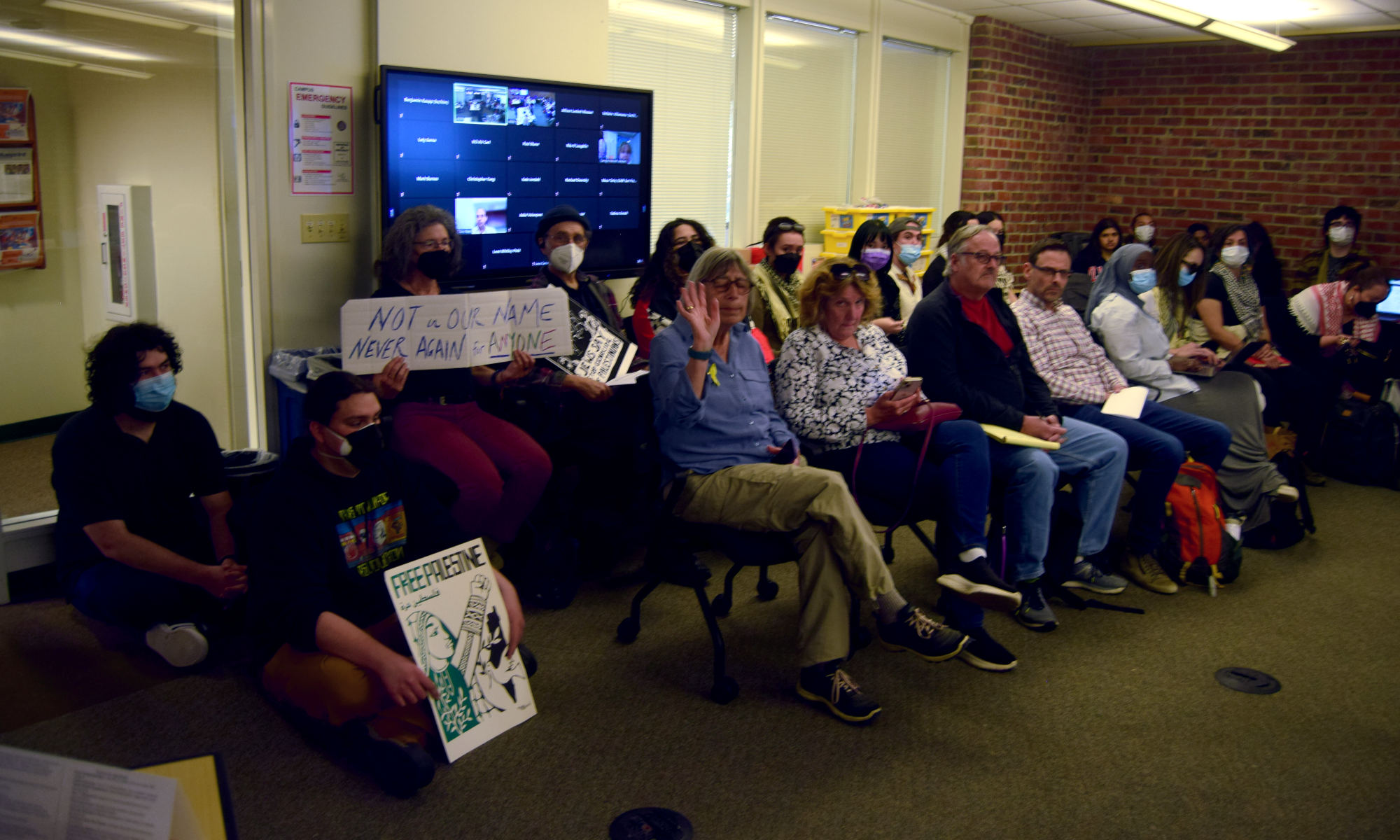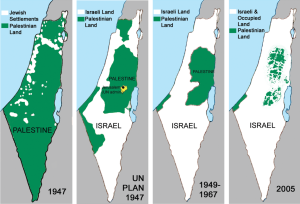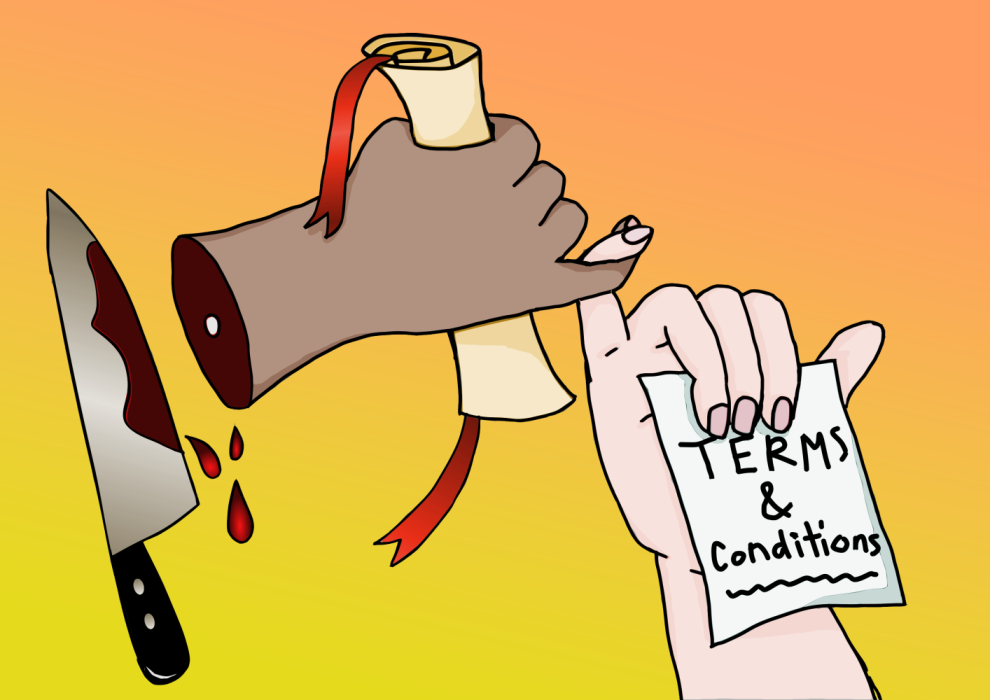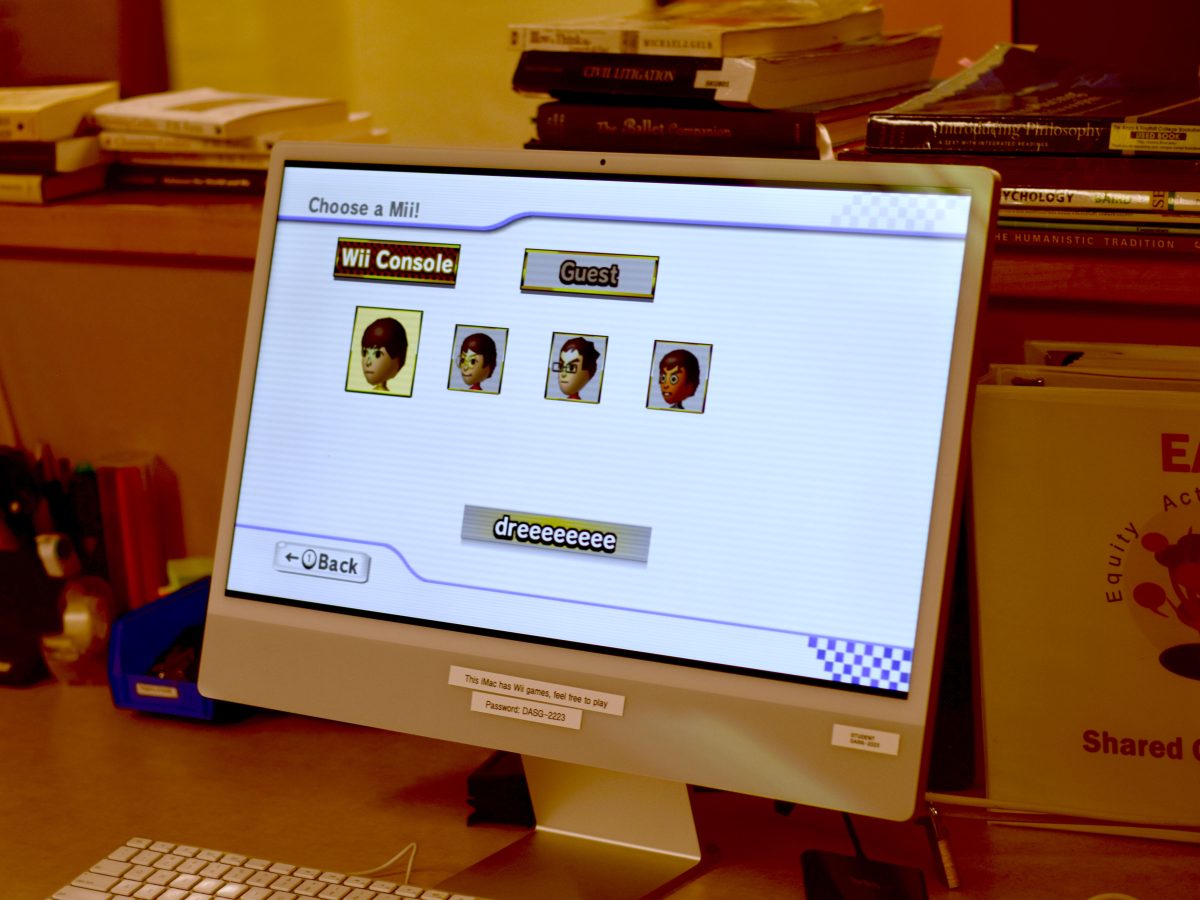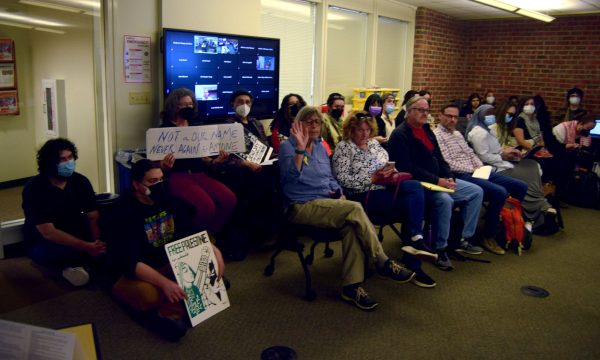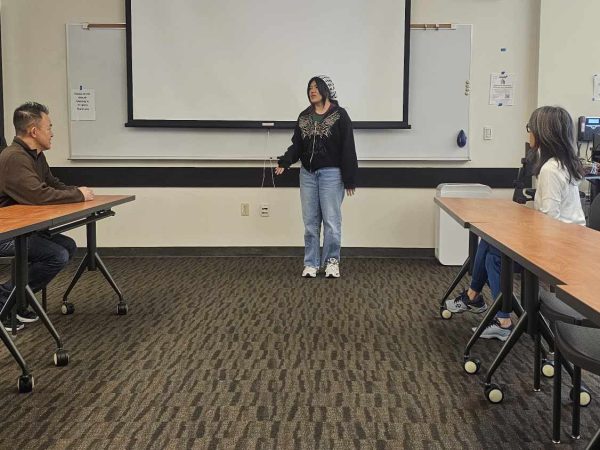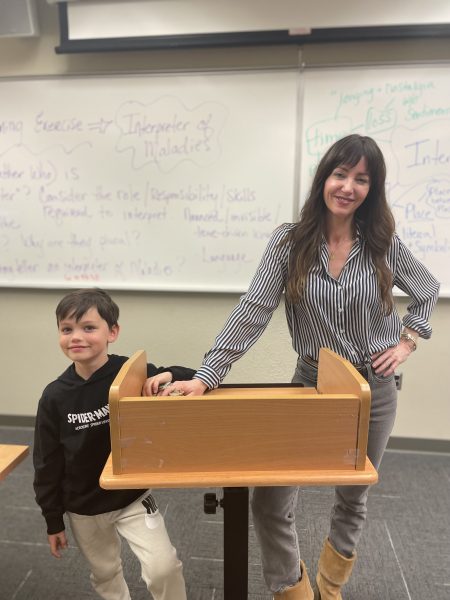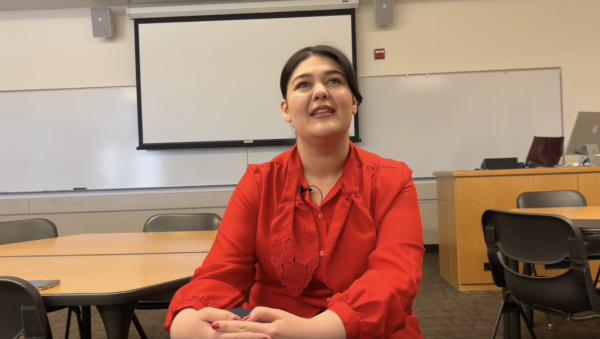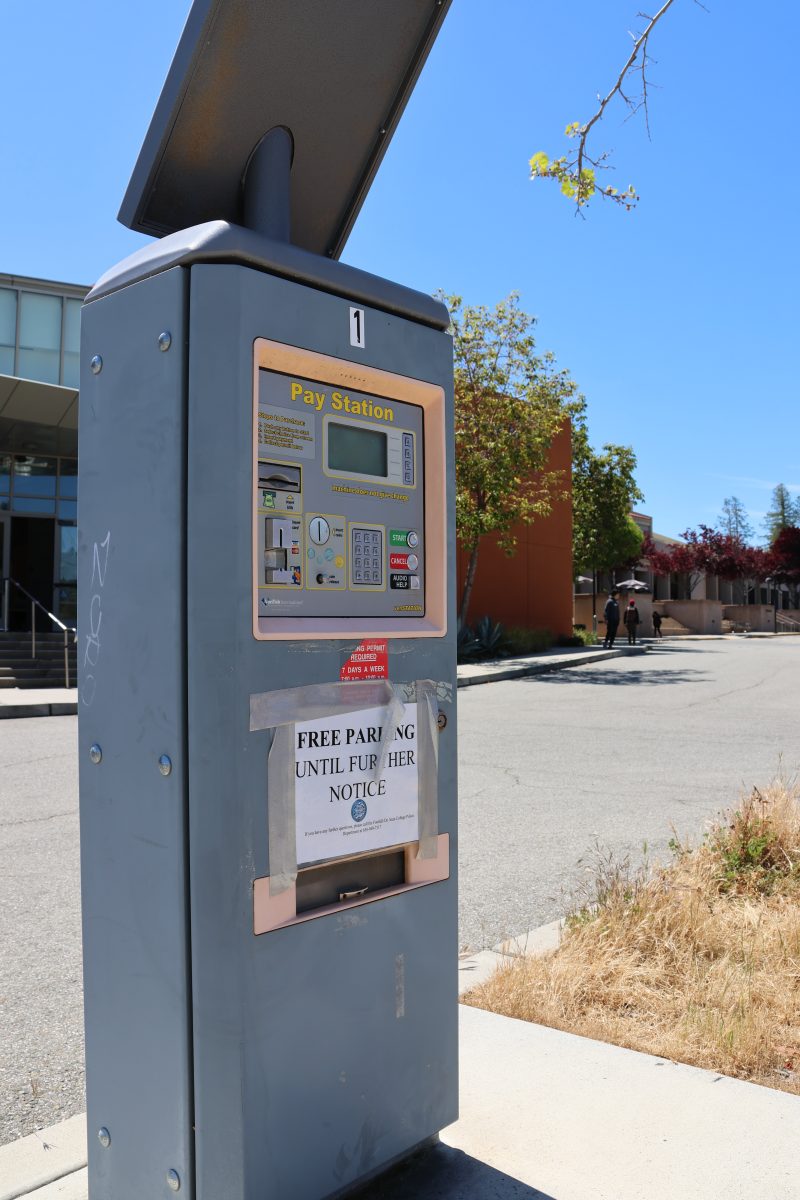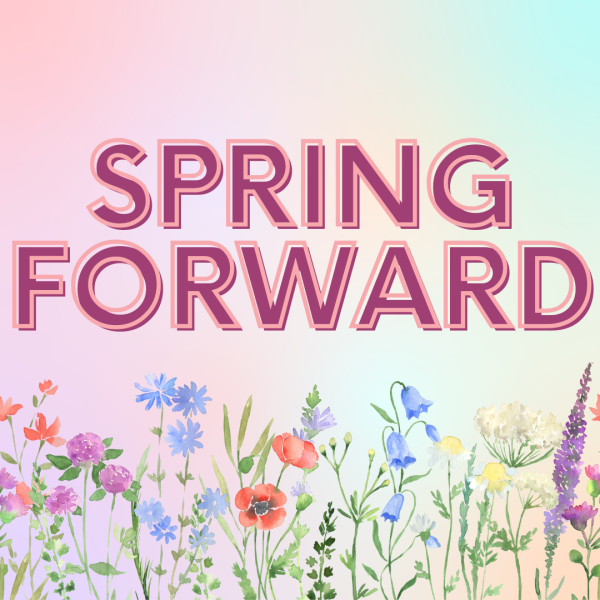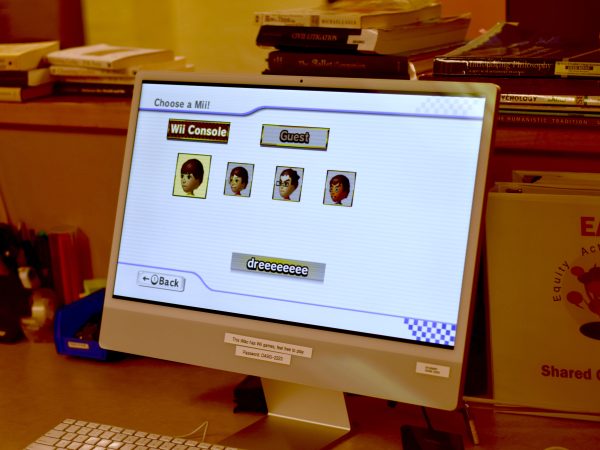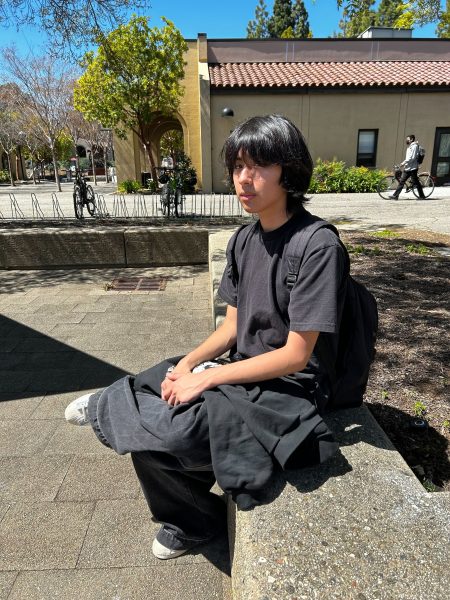The age of ‘fuck’ is here
February 8, 2017
Madonna was among the many celebrity presences at the Women’s March in Washington, but her face disappeared from news stations after her use of an expletive in her speech: the word “fuck.”
To this day the FCC collects a fine for “obscene” language broadcasted on television, but doesn’t have a list specifying what kinds of words are considered obscene, and in what context.
The 21st century has brought a slew of social and cultural advances in society. The internet and other forms of globalization have forced us to actively mingle with one another. We are now more accepting of each other’s sexual, religious and ethnic preferences — and because of this, my friends, I’m afraid the era of labelling certain kinds of language as filthy, obscene or unsuitable for children has come to an end.
“Fuck” is a word that is probably on that list as it is always perceived as filthy and unacceptable in any context — both on television and even in most households. Parents worry about the influence of the word, and kids respond by giving it respect and by using it as many times as they fucking please. Ironically, those who often censor others’ use of the word are no less guilty of throwing around a fuck or two.
Fuck is no ordinary word. This word’s colorful history, ability to merge with other words and tendency to give its user a great deal of plosive satisfaction puts it in the spotlight. “Fuck” is king.
The movement to censor “fuck” has broader roots based in society’s desire to sanctify sex and consequently — to limit it.
The supposedly ungodly, life-giving act that fills every aspect of our lives also infects those same aspects with its taboo and uncouth undertones. Sex is everywhere, and yet it is nowhere, because we are far more afraid to talk about it than we are to do it.
I come from India, with high rates of rape and violence against women, yet where the use of sexual language like “fuck” is greatly chastised. My mother is one of the most progressive women you’ll ever meet and even she holds some bias against the liberal advocacy of sex.
Can you imagine how cruel it is to be a teenage rape victim, and be told that you can’t say “fuck” because it affects your purity and innocence?
If news stations and daytime programs wish to disassociate themselves from perhaps the most empowering word in modern English, they have to accept the consequences of taking that stance; by distancing viewers from the word, such institutions continue a repressive culture.



